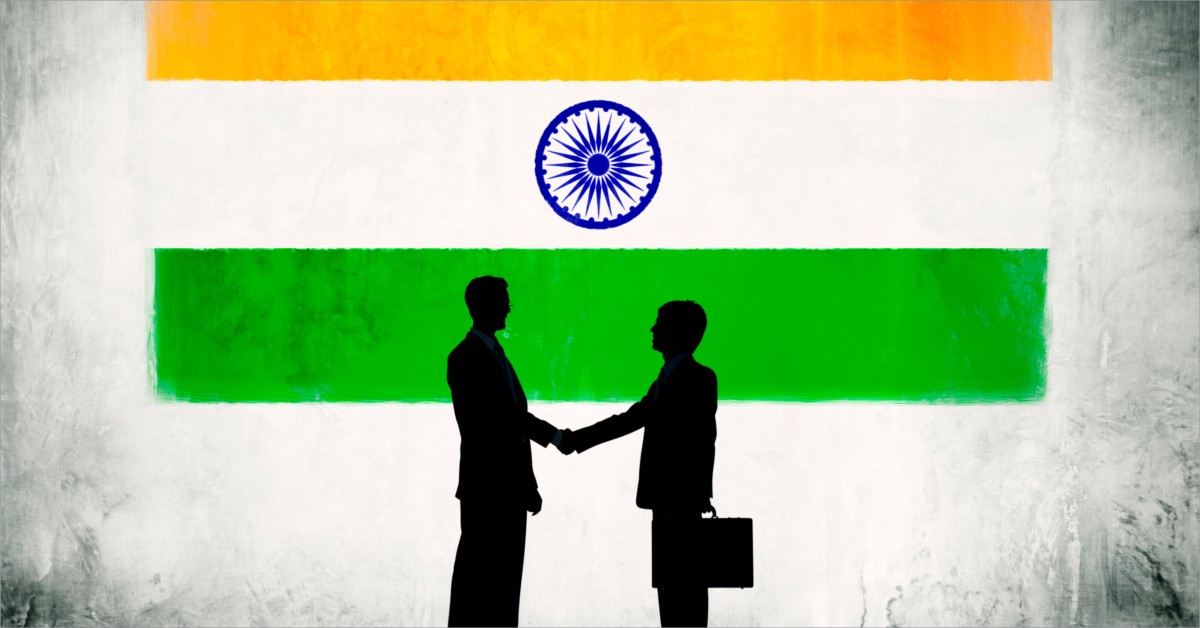India presents an amazing economic opportunity for growing tech businesses. It boasts the world’s third biggest economy by purchasing power parity, according to the IMF. Ernst & Young also ranked India third in their list of best countries for technology investments.
U.S. based ISVs and solutions developers who wish to tap into India’s booming tech market must get their products there first. Doing so can create unexpected challenges, but those who succeed are ripe for growth in one of the most massive tech markets on the planet. Here are some of the challenges they may face and how a global logistics partner like UNICOM Engineering can help.
Shipping Choices
Ocean freight shipping offers the least expensive option for bulk goods exporters, but it can also be prohibitively slow. Sea-going shipments can take 25 to 45 days to reach foreign shores. Issues in customs can make the process take even longer, severely delaying shipments and causing potential problems for clients.
Vendors who need to ship smaller amounts of goods quicker and more reliably can turn to air freight. Air freight can often arrive within a few days, allowing for extra time in case of setbacks. Parcel express is a great option for rapid, smaller air freight shipments. FedEx, DHL or UPS all offer parcel express service to India. Shipments too large for parcel post can be handled by heavyweight air freight options, such as DHL Global Forwarding or FedEx Trade Networks.
Freight forwarders and import brokers offer extra oversight during this process, assuring you that your products can arrive on time and in the right place. Should an issue arise, your broker can notify you immediately and even vouch for your shipment through their knowledge of customs and import law.
Note that restrictions on shipments may apply to:
- Items requiring a permit or license to operate, such as Freon
- Items weighing more than 32 kg (70.5 lbs)
- Antibiotics and other prescription medicine
- Items valued at more than $1,500 USD
Paperwork
Filling out paperwork for a foreign country can be quite difficult. Any small mistakes could lead to interminable delays or even the seizure of your goods. On the other hand, complete and correct paperwork can result in a smooth, relatively quick transaction. Research and access to a broker can both improve your chances of getting export paperwork right consistently.
Logistics
Mass shipping operations can mean a jumble of schedules that are hard to predict. To have control over your delivery times and accountability to your customers, you will need a global logistics plan if you intend to ship consistent large volume product runs to India. Having forward stocking locations for replacement products and components can also greatly simplify the warranty coverage process.
Duties, Tariffs and More
Shipping to foreign countries means having to pay extra taxes as well as import duties or tariffs. Failing to account for these expenses means having unexpected taxes and penalties levied against your company by foreign governments. It could also lead to seizure of your products.
Typical tariffs for electronics in India range from 7.5% to 10%, although some smaller components like stand-alone routers are free.
Get Assistance Exporting Products to India with UNICOM Engineering’s Global Logistics
UNICOM Engineering optimizes our clients’ shipping procedures based on their customers’ demands, deadlines and going rates for freight. We also oversee processes like paperwork completion, regulation compliance and tariff payment to ensure our partners get their products where they need to be on time.
Visit our global logistics services page to learn more about how far we go to help our clients succeed overseas.
